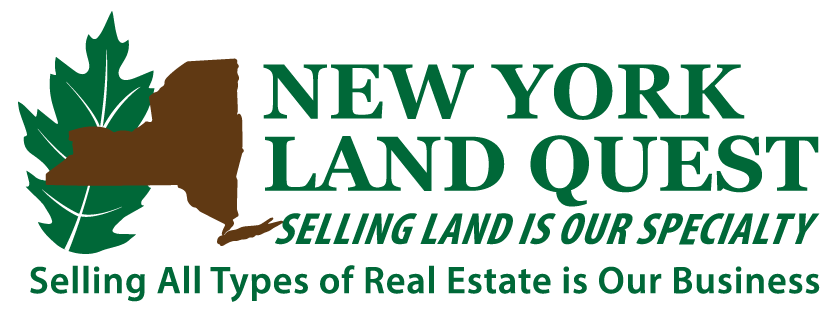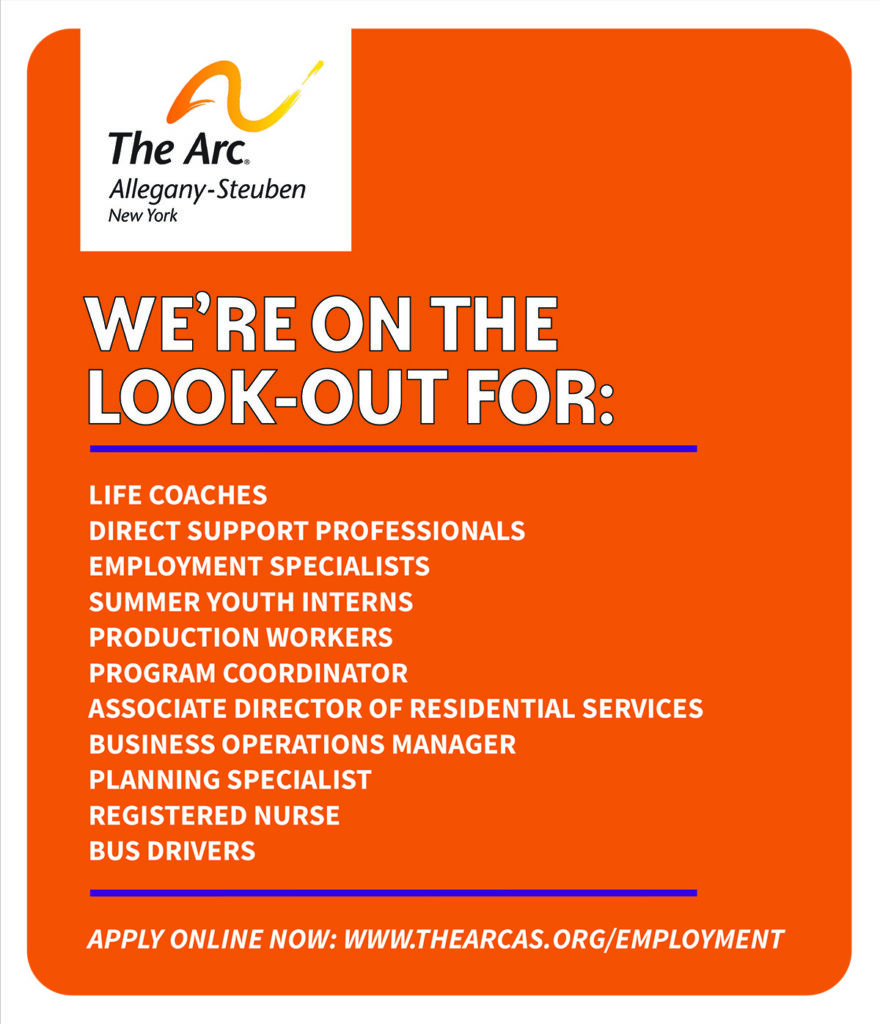Alstom has released artists renditions of the trolleys that the Hornell Alstom employees will build. (photo courtesy Alstom Transportation)
BY JOHN ANDERSON
Officials from the Southeastern Pennsylvania Transportation Authority (SEPTA) told the Hornell Sun a project that could near $900 million includes a $714 million order for 130 new trolley cars to be built by employees at Alstom in Hornell.
The current trolley’s were made during the Reagan-era. Alstom will be building 130 trolleys which will keep employees busy though 2030. The first trains are expected in 2027.
And there’s more good news. The contract has an option to order up to 30 more of the trains which will add $148 million to the contract.
SEPTA officials said the total contract amount for the base order is $714,239,455.
SEPTA Board Chairman Pasquale T. Deon Sr. said, “Trolley Modernization poses economic benefits for both riders and the region at large,” said SEPTA Board Chairman Pasquale T. Deon Sr. “This project will strengthen existing connections by improving transit services that link workers to jobs, students to schools, and diverse communities to each other – supporting local businesses and an affordable cost-of-living for everyone.”
SEPTA is the main train public transportation service in the Philadelphia area and also serves Bucks, Chester, Delaware and Montgomery counties.
SEPTA officials said in a release, “Trolley Modernization is a core component of SEPTA Forward, the Authority’s Strategic Plan, to create a “lifestyle transit network” – a transit system that can be easily used for any type of trip, not just traditional 9-to-5 commutes to work.”
The new trolleys will be longer and have higher capacity to move more passengers, SEPTA said. The fleet will feature low floors and ramps; wider pathways; audio and visual messaging systems to communicate upcoming stops and service changes; and designated open space for wheelchairs, walkers, strollers, and bicycles.
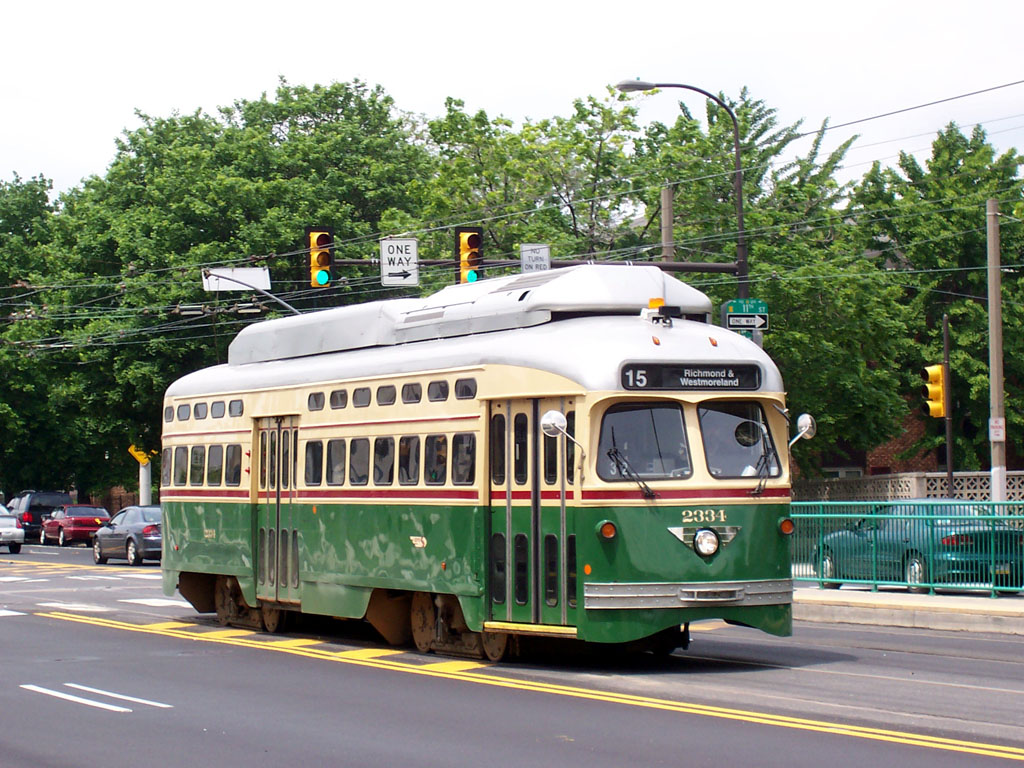
“SEPTA is committed to ensuring our trolleys meet the needs of all riders – people with disabilities, seniors, families with small children, new users, and anyone who needs a little more help to get where they are going,” said SEPTA General Manager and CEO Leslie S. Richards said in a statement. “SEPTA is still seeking over $800 million in competitive grants, and state and local funding, to make all the improvements necessary for seamless boarding. We are doing everything we can to move this project forward, but we need to secure new options for funding to leverage the once-in-a-generation infusion of federal dollars.”
The release continued, “Together, SEPTA’s eight trolley lines run for 68 miles and connect communities in West Philadelphia, Southwest Philadelphia, North Philadelphia, and Delaware County directly with the region’s two largest employment and healthcare centers, Center City and University City. The current trolley vehicles have served riders since the early 1980s.
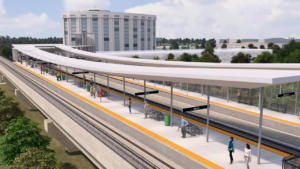
SEPTA is building on-street stations to serve the new trolleys and rebuilding underground stations to be fully accessible. The Authority is also making significant operational and infrastructure improvements and extending some trolley lines to key locations to make connections to other SEPTA services easier. SEPTA is working on new and improved maintenance facilities to serve the new fleet.
Funding for Trolley Modernization comes from SEPTA’s Fiscal Year 2023 Capital Budget and 12-Year Program. In addition to Trolley Modernization, this Capital Program advances several other SEPTA Forward initiatives, such as Bus Revolution, King of Prussia Rail, station accessibility, and rail fleet replacements. These projects work together to promote and strengthen regional growth and connect people with opportunity.”
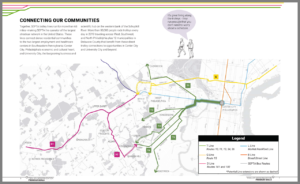
In a story by Thomas Fitzgerald in the Philadelphia Inquirer, the newspaper touts Hornell for the contract to build the high-speed train sets for Amtrak’s Acela service.
The story quotes Jody Holton, SEPTA’s chief planning and strategy officer saying, “We have a once-in-a-generation opportunity right now with the federal funding levels available. We’re moving ahead and we expect that the state and region will continue to support these projects with additional funds.”
Fitzgerald writes, “Philadelphia’s trolley network is the largest in the United States, though it has shrunk over the years from 69 miles in 1980 to about 40 miles currently. At one time, trolleys were everywhere in the city and many people have nostalgic feelings for the old-style form of transit.”
In a story by Marybeth Luczak, Executive Editor of Railway Age, the CEO of SEPTA said Hornell will build trolleys to meet the needs of all riders.
“SEPTA is committed to ensuring our trolleys meet the needs of all riders—people with disabilities, seniors, families with small children, new users, and anyone who needs a little more help to get where they are going,” SEPTA General Manager and CEO Leslie S. Richards told Railway Age. “SEPTA is still seeking over $800 million in competitive grants, and state and local funding, to make all the improvements necessary for seamless boarding. We are doing everything we can to move this project forward, but we need to secure new options for funding to leverage the once-in-a-generation infusion of federal dollars.”




